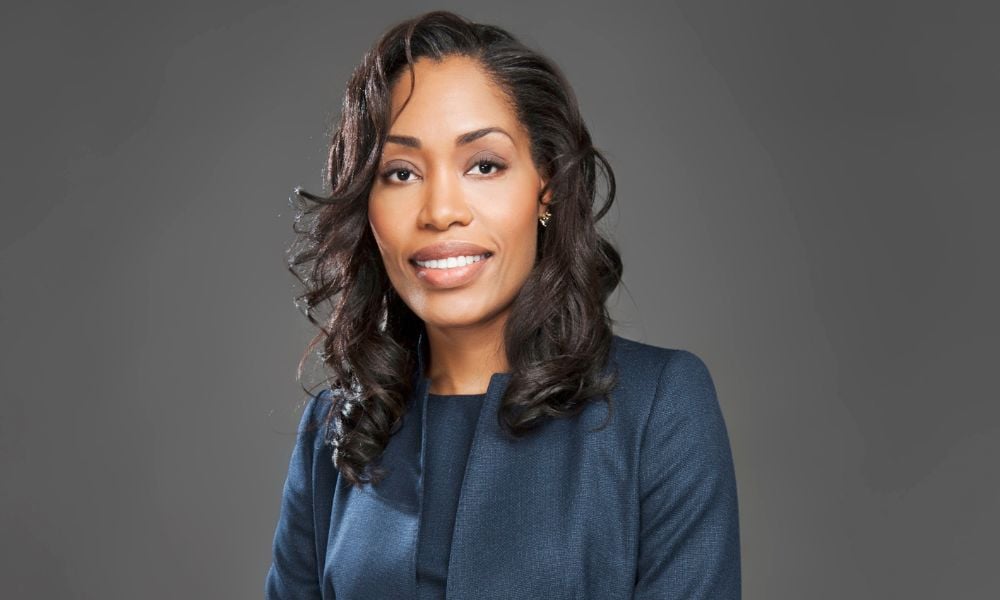IIROC enforcement team supports targeted investigations into regulatory misconduct

The Investment Industry Regulatory Organization of Canada sets and enforces rules regarding the proficiency, business, and financial conduct of approximately 174 Canadian investment firms and more than 31,000 registered individuals.
The enforcement department at IIROC prosecutes investment dealers and investment advisors who run afoul of their regulatory obligations. They are responsible for assessing evidence, making recommendations for charges against respondents, conducting hearings, negotiating settlements, and facilitating the efficient resolution of regulatory proceedings. Where they establish evidence of regulatory misconduct, they will initiate disciplinary proceedings, which can result in fines, suspensions, and permanent bans or termination for both individuals and firms.
“We work collaboratively with the investigators to make sure our investigations are targeted and focused, and then we do hearings and reviews if the IIROC proceedings are reviewed before the commission,” says Sylvia Samuel, senior enforcement counsel at IIROC. Samuel is part of a team of seven Toronto-based lawyers in the enforcement department at IIROC, working alongside other lawyers in IIROC’s Montreal, Vancouver, and Calgary offices.
“I play a leading role in determining the litigation strategy, from assessing evidence to identifying risk and keeping in mind the policy considerations that are involved in being a regulator,” says Samuel.
Working in a virtual environment during the pandemic was challenging, but Samuel says the enforcement team transitioned smoothly to virtual hearings in an effective, timely, and fair way. However, some external parties were less willing to adapt.
“Dealing with counsel or other parties that weren’t keen on adopting the video technology for a hearing was probably the greatest challenge,” she says. However, virtual hearings offer many advantages, including easily encompassing parties from different jurisdictions, so Samuel thinks they are here to stay.
“You can’t unlearn those things,” she says. “I don’t think all hearings will be done virtually, but they are good to have as a viable option, so I expect they will continue post-pandemic.”
The enforcement department maintains a collaborative approach that is key to the organization’s culture, which influences how enforcement counsel works with investigators and other IIROC departments. Samuel and her colleagues sometimes work with other departments on interpretation or policy issues.
While the enforcement team carefully monitors regular issues such as market manipulation, the virtual environment has given rise to even more opportunities for wrongdoing, so that is top of mind this year. They also occasionally have to deal with unrepresented parties, which can pose challenges.
“As a regulator, we’re always balancing the public interest concerns that may not necessarily be of significance in a private practice setting,” says Samuel, who joined IIROC two years ago. She brought a wealth of litigation experience to the role, having previously worked in commercial litigation and solo practice.
IIROC currently has no authority through enforcement to compensate clients who have suffered financial losses, so Samuel is part of a working group considering how to better support investors. The group is exploring new ways to try to return disgorged funds.
“There are often investor losses related to proceedings that we may bring,” says Samuel. “In my view, it’s an important initiative to consider IIROC’s role in returning those funds because there isn’t an opportunity now to do that.” The initiative is currently in the preliminary stages as the working group aims to create a program to collect funds and return them to individual investors.
Samuel is also a member of IIROC’s inaugural equity, diversity, and inclusion committee, which focuses on raising awareness through education and revamping policies.
“I’m very aware of the importance of representation, and I like the idea of sharing my skills in a way that might be helpful to other people who look like me,” she says.
Fast Facts: IIROC
- Established as a non-profit corporation in 2008 through the consolidation of the Investment Dealers Association of Canada and Market Regulation Services Inc.
- Sets and enforces rules regarding the proficiency, business, and financial conduct of approximately 174 Canadian investment firms and more than
31,000 registered individuals - Develops recommendations for new rules and guidance, as well as amendments to existing rules and guidance for regulated firms and marketplaces
- Oversees all debt and equity market activity in all Canadian equity marketplaces
- Operates on a cost-recovery basis, charging its dealer members
an annual fee based on the firm’s capital, number of investment advisors,
trading activity, and revenues.










